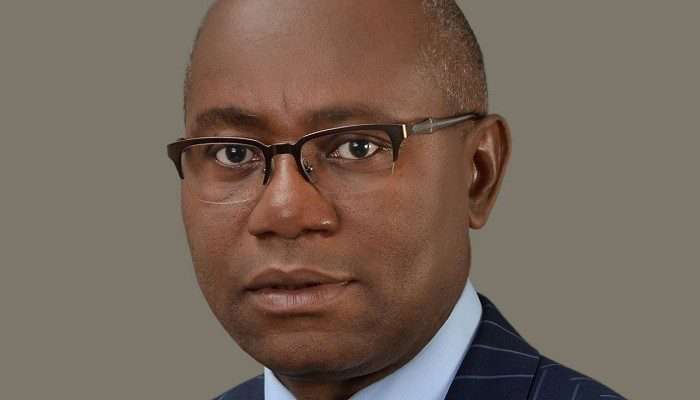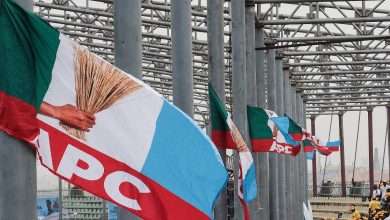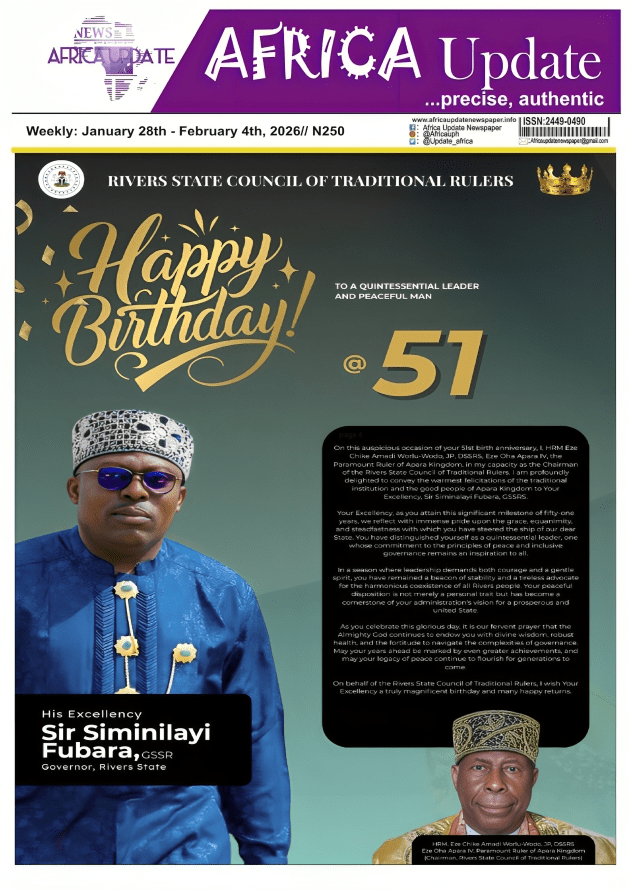
Dr. Emi Membere-Otaji, the 1st Deputy President of the Nigerian Association of Chambers of Commerce, Industry, Mines, and Agriculture (NACCIMA), has issued a compelling and sobering assessment of the obstacles besetting Nigeria’s shipping sector. Speaking on News Central TV, Dr. Membere-Otaji laid bare the systemic failures currently preventing the nation from leveraging its extensive coastline and vast maritime potential, stressing that only a fundamental shift in fiscal policy and operational integrity can turn the tide.
Dr. Membere-Otaji underscored the immutable truth that maritime trade operates on an international scale and is inherently capital-intensive. This fundamental reality, he contended, explains why Nigeria’s shipping industry remains woefully underdeveloped, failing to grow commensurate with the visible opportunities for investors.
The most debilitating factor is the issue of finance. Conventional domestic funding instruments, such as commercial banks, impose interest rates that are simply non-competitive on the global stage.
“A local investor competing with someone who has secured long-term funds at two or three per cent per annum cannot possibly match the burden of a 37 per cent Naira interest rate, or even double-digit dollar rates,” Dr. Membere-Otaji observed.
Furthermore, the tenure of these loans is invariably short. For an industry that requires decades of investment and steady operation, Dr. Membere-Otaji stressed that “Shipping is a marathon, not a sprint,” and the prevailing financial climate forces it into an unsustainable dash.
Despite these challenges, local shipowners demonstrate an inclination to invest, though they are often confined to the niche, high-cost subsectors of Offshore Support Vessels (OSV) or tankers. These vessels are frequently more expensive than general cargo ships, yet they offer the security of long-term contracts with International Oil Companies (IOCs), mitigating the unpredictable nature of general freight tariffs. However, this specialised focus still fails to address the broader issue of overall Nigerian participation in general global shipping.
In terms of the way forward, Dr. Membere-Otaji commended the recent establishment of a dedicated ministry for the Blue Economy, hailing it as a critical first step in demonstrating political will.
This nascent political resolve must be swiftly translated into effective policy, particularly as the African Continental Free Trade Area (AfCFTA) opens continental borders to unprecedented trade. With Africa presenting a colossal market of 1.4 billion people and a GDP of approximately $3.3 trillion, Nigeria possesses the coastal geography and hinterland access to landlocked neighbours to become a regional shipping and logistics powerhouse.
Yet, this vision is strictly contingent upon one non-negotiable prerequisite: competitiveness. “Whatever you are importing or exporting must compete with what is coming from other countries,” he asserted, warning that global trade is not governed by “sentimental favour,” but by cold efficiency.
For Nigeria to realise this competitive advantage, systemic deficiencies must be urgently addressed. Dr. Membere-Otaji highlighted two critical areas of domestic ruin.
Firstly, the integrity of the seafaring workforce is compromised. While many Nigerian crews are highly capable, the industry is plagued by instances where personnel present falsified Certificates of Competency. Even among those with genuine papers, a lack of professional vigilance is often apparent.
Secondly, the absence of functional shipbuilding and maintenance infrastructure poses a massive logistical and financial drain. Nigerian vessels routinely have to sail to neighbouring countries, such as Ghana or Namibia, for essential routine and regular checks.
Finally, while government institutions like the Maritime Academy Oron and the Nigerian Maritime Administration and Safety Agency (NIMASA) have exerted laudable efforts in capacity building, a crucial gap remains. Many young Nigerians sent abroad for study return without the requisite practical sea-time. Without this essential hands-on experience, Dr. Membere-Otaji concluded, their hard-won academic degrees remain “ineffective, given that practical sea-time constitutes the requisite laboratory for maritime professionalism.”
The path to maritime success for Nigeria is clear but arduous: it requires comprehensive fiscal reform, an unwavering commitment to operational integrity, and a renewed focus on practical, world-class training to empower a truly competitive national fleet.







